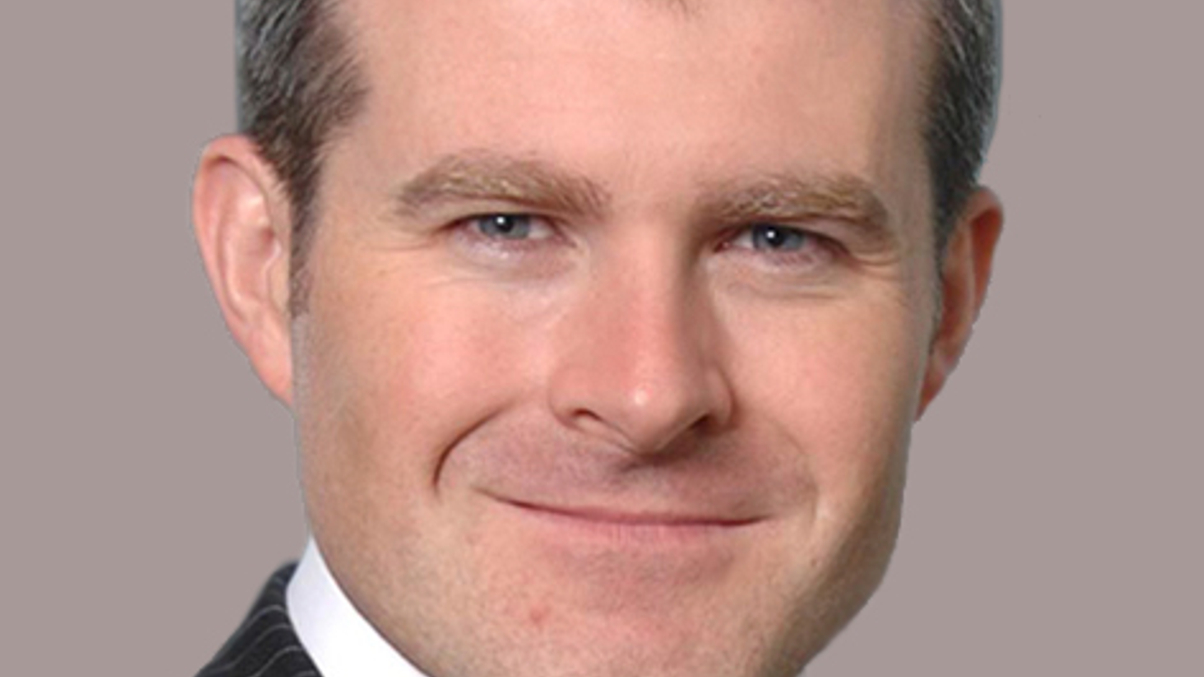Ernst & Young in Asia-Pacific build-out to double revenues
In a geographic and strategic repositioning, the service provider targets a 60% rise in regional headcount, relocates a raft of senior staff to Asia and is looking to fill leadership roles.

Service provider Ernst & Young has set out to near double revenues from its newly integrated Asia-Pacific financial services organisation, targeting a 60% headcount expansion in four years.
Sign in to read on!
Registered users get 2 free articles in 30 days.
Subscribers have full unlimited access to AsianInvestor
Not signed up? New users get 2 free articles per month, plus a 7-day unlimited free trial.
¬ Haymarket Media Limited. All rights reserved.


